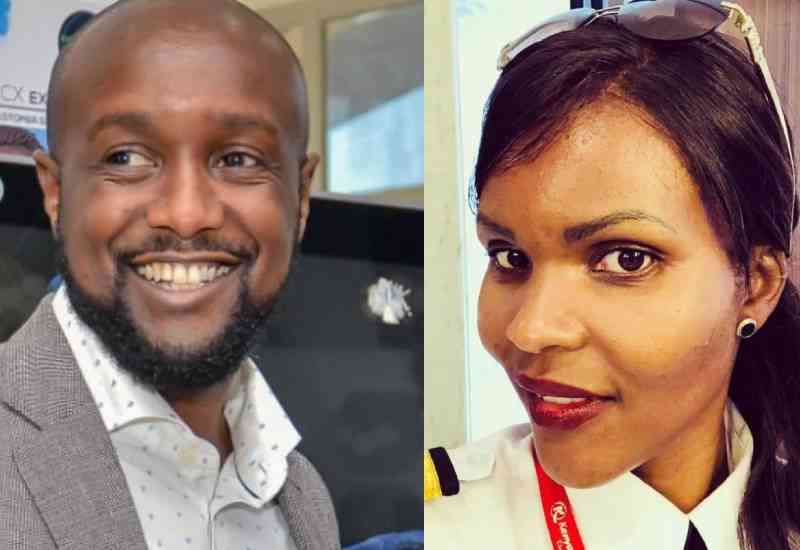
When SportPesa CEO Ronald Karauri was declared winner in the Kasarani Constituency election, garnering 32,406 votes followed closely by his opponent John Njoroge who got 30,444 votes.
His wife Ruth Karauri took to social media to congratulate him and assured Kasarani residents that they had made the right choice.
Ruth asserted that her husband would deliver on his promises and thanked all those who elected him for believing in his vision.
Facts First
This story continues on The Standard INSiDER. Subscribe now for unfiltered journalism that holds power to account.
Already have an account? Login
 The Standard Group Plc is a multi-media organization with investments in media
platforms spanning newspaper print
operations, television, radio broadcasting, digital and online services. The
Standard Group is recognized as a
leading multi-media house in Kenya with a key influence in matters of national
and international interest.
The Standard Group Plc is a multi-media organization with investments in media
platforms spanning newspaper print
operations, television, radio broadcasting, digital and online services. The
Standard Group is recognized as a
leading multi-media house in Kenya with a key influence in matters of national
and international interest.

